China warns US plans to deploy B-52 bombers to Australia could ‘trigger arms race in region’
China has issued a stern warning that Washington’s plans to deploy six of its nuclear-capable B-52 bombers to an Australian military base may “trigger an arms race” and escalate tensions in the region.
Zhao Lijian, China’s foreign ministry spokesman, speaking at a regular briefing on Monday in Beijing called on the US and Australia to abandon what it called an “outdated Cold War zero-sum mentality” and “narrow geopolitical mindset”.
“Such a move by the US and Australia escalates regional tensions, gravely undermines regional peace and stability, and may trigger an arms race in the region,” Zhao said.
The spokesman stressed that defense and security cooperation between countries should not target third parties, calling for an end to the “Cold War zero-sum mentality”.
He further added that the countries should “do more things that are good for regional peace and stability and mutual trust among all parties.”
"China urges the parties concerned to abandon the old Cold War zero-sum mentality and narrow geopolitical concepts, and do more to contribute to regional peace and stability and to enhance mutual trust,” Zhao said.
According to reports, citing sources familiar with these developments, dedicated facilities for long-range bombers will be set up at the air base, which lies about 300 km (190 miles) south of Darwin, the capital of Australia's Northern Territory.
The development was first reported by the Australian Broadcasting Corp's Four Corners program, citing US documents.
The US plans are seen as a warning to Beijing amid growing tensions between the two countries over Taiwan.
Earlier this year, the US deployed four B-52s to its Andersen Air Force base in Guam, the US island territory in the Western Pacific, in a provocative move.
China enjoys sovereignty over Taipei, and under the internationally-recognized “one-China” policy, nearly all countries recognize that sovereignty, meaning that they would not establish diplomatic contact with its secessionist government.
The US, too, professes adherence to the principle, but in violation of its stated policy and in an attempt to provoke Beijing, Washington courts the secessionist government in Taipei supports its anti-China stance and supplies it with massive amounts of armaments.
Last year, the US, Britain and Australia announced a security deal aimed at confronting China, which includes providing Australia with the technology to deploy nuclear-powered submarines.
Relations between China and Australia have been strained since 2018 when Australia became the first country to ban Chinese telecom giant Huawei Technologies Co. from its 5G wireless networks.
Ties with Beijing got even worse during the coronavirus pandemic after Canberra backed a call by former US President Donald Trump for an investigation into the origins of the pandemic.
The growing Chinese influence in the Pacific has also added to the intense rivalry between the two sides, especially China's security cooperation with the Solomon Islands government.
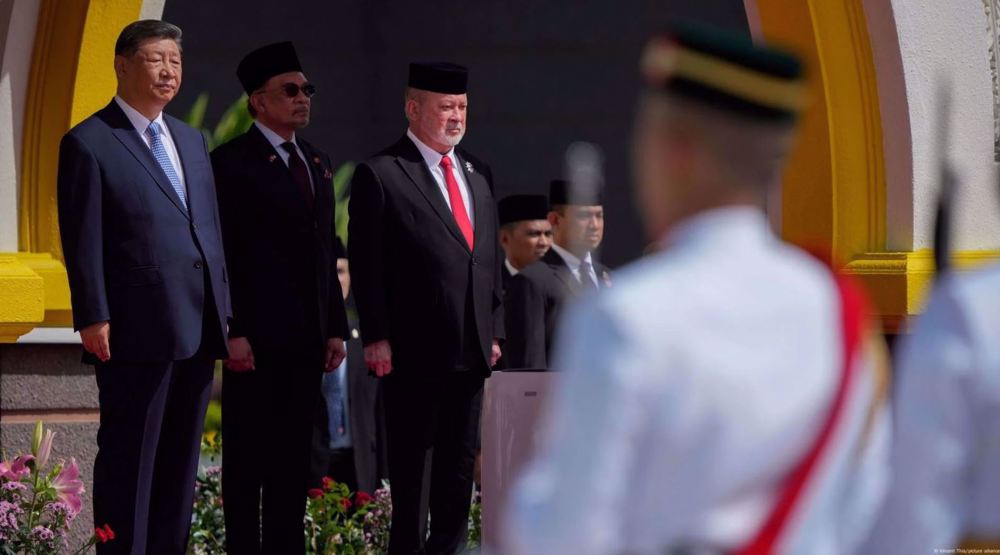
China says stands with Malaysia, region in face of unilateralism
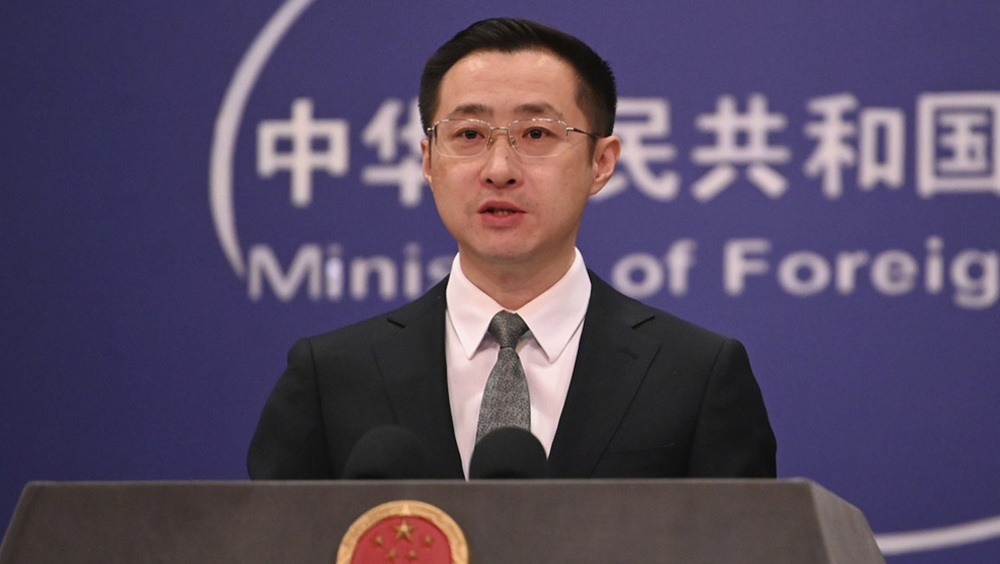
China says 'not afraid to fight' trade war with US
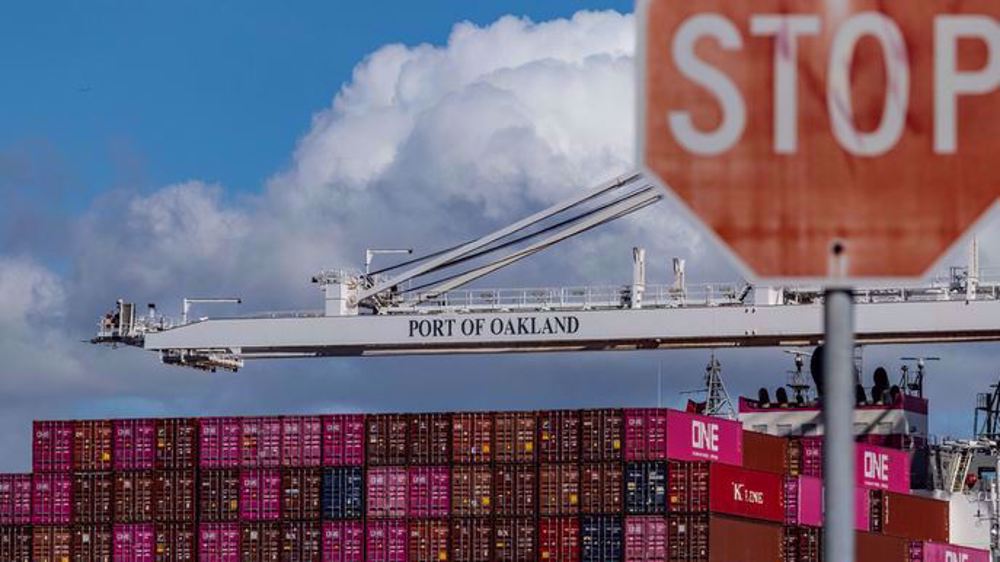
China urges US to ease trade tensions via ‘equal dialogue’
ICC sues Hungary for failing to arrest fugitive Israeli war criminal Netanyahu
VIDEO | Western coverage of Israeli war on Gaza
VIDEO | US's broken commitments
VIDEO | Russia will not stand idly by if Iran is attacked
Iran repeats call on IAEA to clarify position on threats made against peaceful nuclear sites
China says stands with Malaysia, region in face of unilateralism
UN envoy urges journalists to speak out on Gaza genocide
‘Complete humanitarian collapse’ imminent in Gaza: Media office


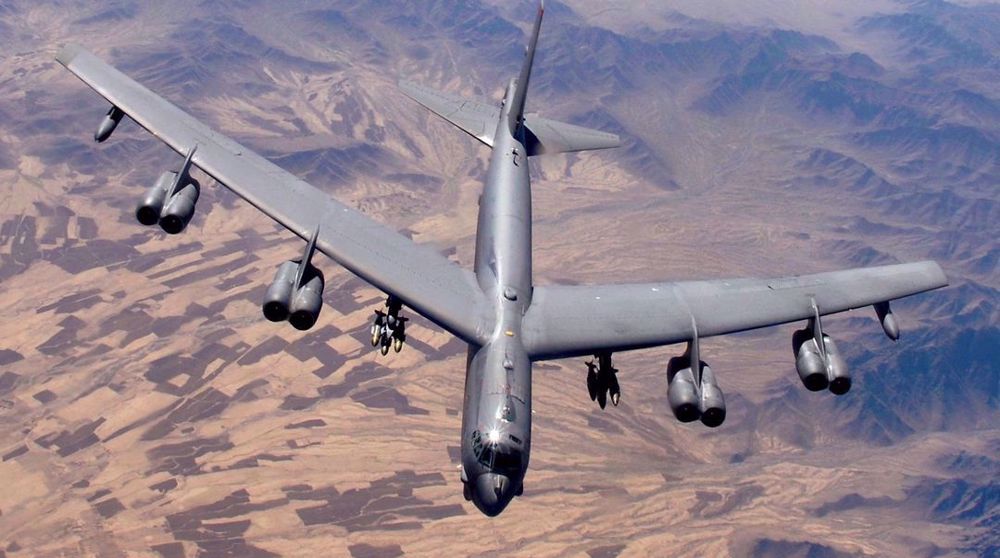
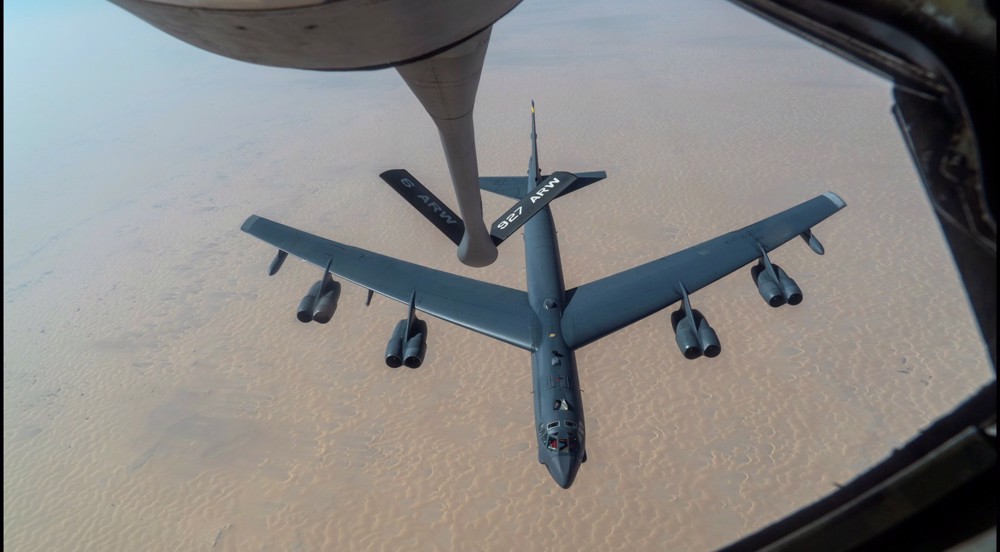



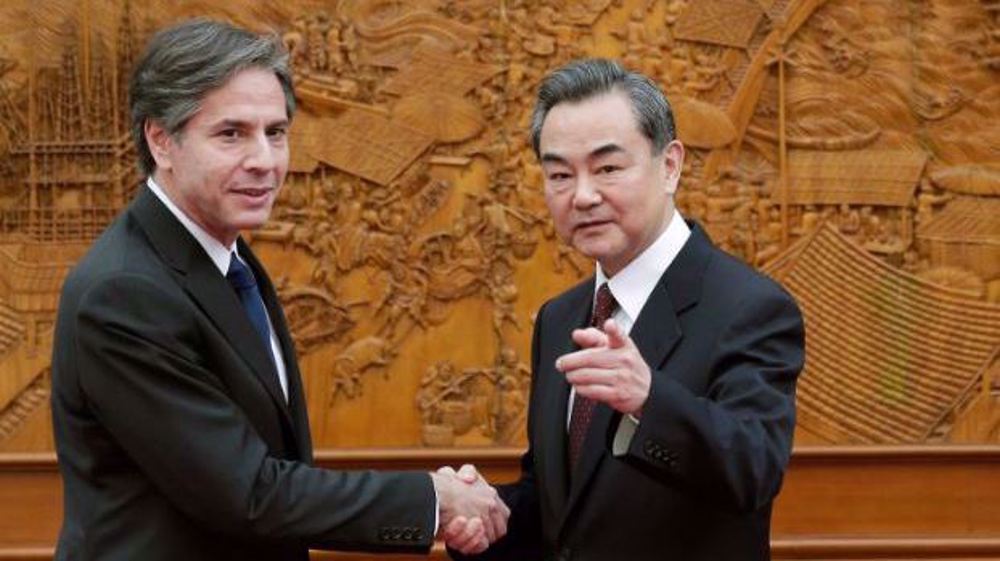

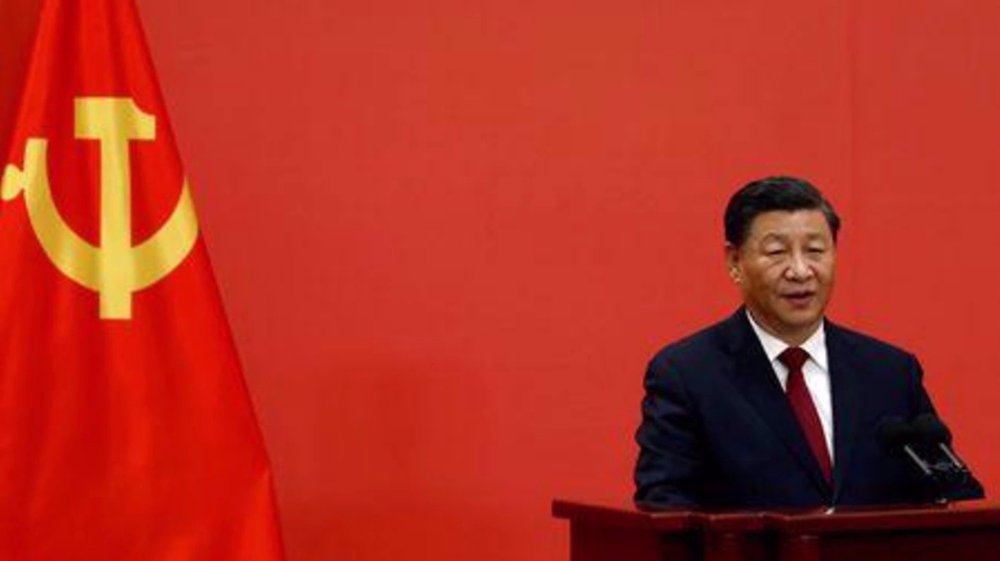

 This makes it easy to access the Press TV website
This makes it easy to access the Press TV website